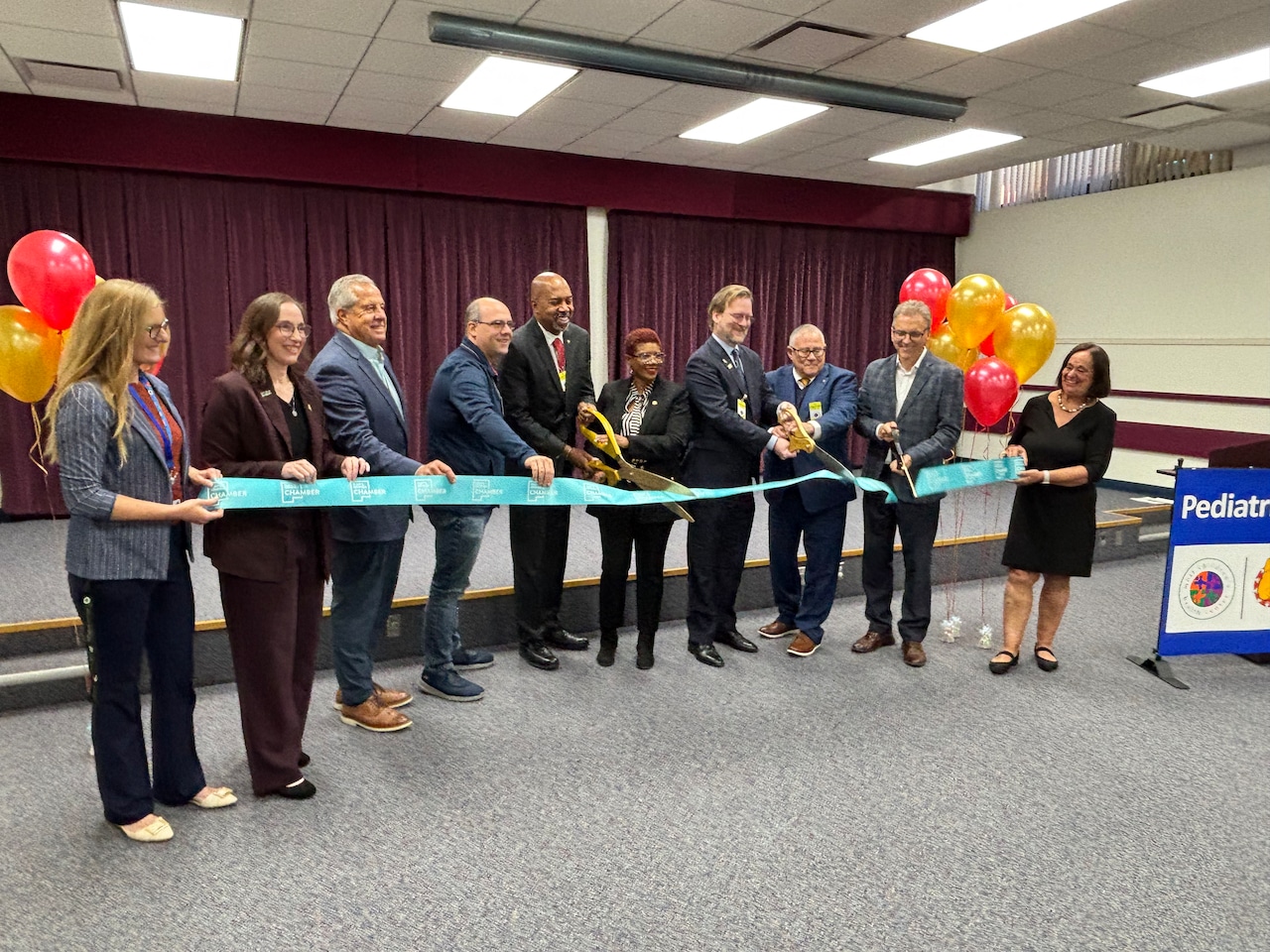Copyright Resilience

Following a bit more than five hours of arduous hiking through the dense rainforests of Southern Panama, our group arrives to a small clearing that will serve as a makeshift encampment for the next four days. After arranging our three hammocks beneath a large tarp and eating a small lunch, we separate to explore along the Cangandi river. I venture downstream several hundred meters and notice what appears to be a thin wisp of smoke rising from a site perhaps a kilometer away. We are deep within the protected Guna Yala territory, granted access for our work in changing a series of camera traps for a scientific conservation NGO. We have seen no other humans – nor should we – according to regulations. I point out the plume of smoke – which continues off and on for several days – to our guide, who confirms it is likely linked to illegal poachers and/or illicit gold miners. He further explains an incident almost a decade before, in which a wealthy investor paid to have a helicopter sneak in gold mining equipment into the protected region. While small-scale, minimal impact extraction of gold is still commonly accepted along the rivers of Panama’s biological corridor, the intrusion of a large project with heavy machinery was noticed and subsequently destroyed by a group of indigenous guards. The looming risk of leaps in technologically empowered extraction of precious metals from these regions, however, presents an imminent threat on a much broader scale. The psychological and economic forces driving the constant extraction of minerals at the cost of living ecosystems underlies the value system based on fear, debt, assumed scarcity of resources, and competition. This much larger system of banks, corporations, investment funds, and hidden agendas constantly subsidizes and supports extractive economies. Destructive feedback loops in fear-based investment in gold exemplify this dynamic as well as its potential to quickly decimate large regions of functioning ecosystems. Characterization of typical positive feedback loop in small-scale gold mining and environmental damage, from “Analysis of Artisanal and Small-Scale Gold Mining in Peru under Climate Impacts Using System Dynamics Modeling.” Current models typically do not include the effects of quick shifts in mineral investments due to global economic insecurity. In late April 2025, the International Monetary Fund (IMF) downgraded the United States projected GDP for the year by 0.9%, sending signals of economic anxiety rippling through investment markets. European markets were additionally downgraded slightly, adding to fears of slowing in traditional economic growth at a global scale. Gold and similar precious metals have long been treated as “safe-haven” investments during periods of economic turmoil, and the current phase of insecurity is no exception. As fear-driven investment into precious metals rises, the economic incentives for extraction at multiple scales increase dramatically, frequently leading to compounding and long-term ecological damage. Recent history indicates the many conservation efforts are woefully unaware of and unprepared for the compounding effects of cultural feedback loops in global change: mass human migration, economic turmoil, social upheaval, emergent conflicts, and the rapid growth of criminal networks ready to take advantage of chaotic conditions to support extractive industries at great detriment to biodiversity. Major geopolitical shifts in Latin America are evident, as recent direct attacks against Venezuela demonstrate. These types of conflicts frequently destabilize large populations within and surrounding critical biodiversity and ecosystems, as displaced people desperately seek resources and partner with established criminal networks. Without intensified protection efforts and investment in viable economic opportunities, further disruption of indigenous communities and biodiversity in the Neotropics is ensured. Gold recently hit a new record high price of $4,200 per ounce in response to global tensions and economic instability, raising the incentive for extraction throughout fragile ecosystems. Investing in cultural shifts towards community and environmental health may provide beneficial alternatives away from traditional fear-driven accumulation of wealth, benefiting cultural and social resilience, while increased attention to environmental regulations may prevent further damage wrought by mineral extraction. Teaser image credit: Author supplied.



